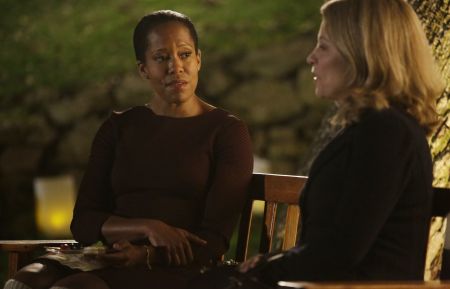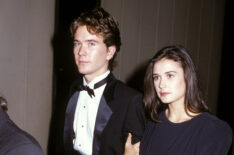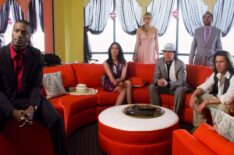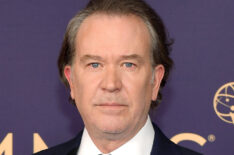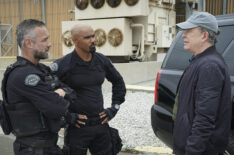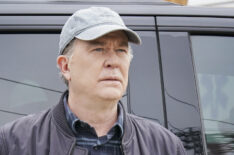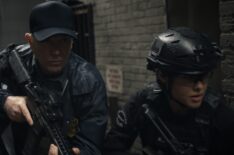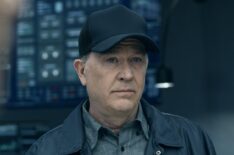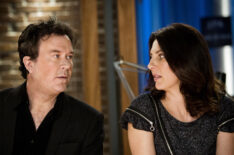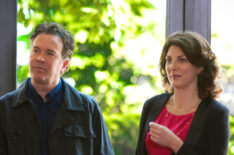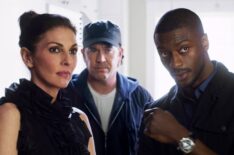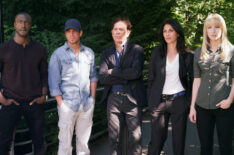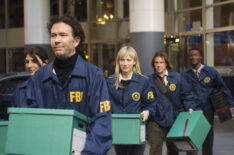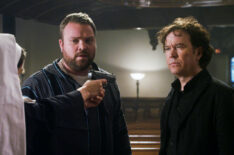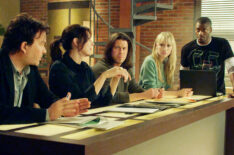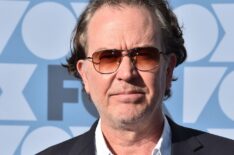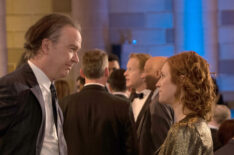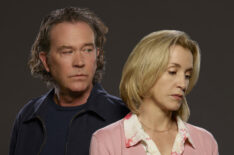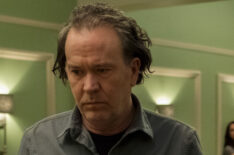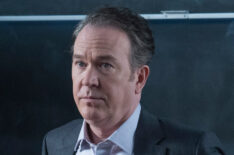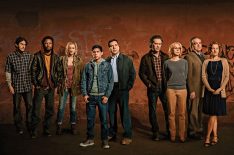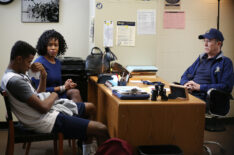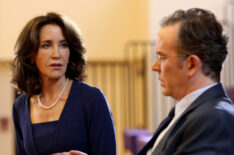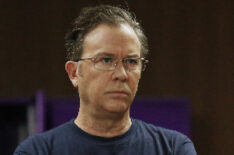Timothy Hutton
Credits
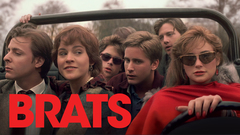
BratsStream
Self
Movie
2024

The Glorias
Actor
Leo Steinem
Movie
2020

Almost FamilyStream
Actor
Leon Bechley
Series
2019
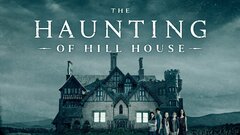
The Haunting of Hill HouseStream
Actor
Hugh Crain
Series
2018

Beautiful BoyStream
Actor
Dr. Brown
Movie
2018

S.W.A.T.Stream
Guest Star
Mack Boyle
Series
2017
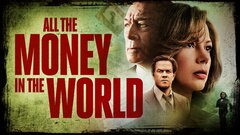
All the Money in the WorldStream
Actor
Oswald Hinge
Movie
2017

American CrimeStream
Actor
Russ Skokie
Series
2015

#Horror
Actor
Dr. White
Movie
2015
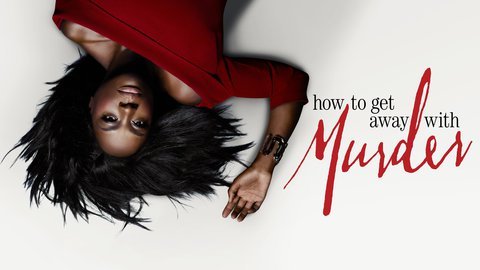
How to Get Away With MurderStream
Actor
Emmett Crawford
Series
2014

Louder Than Words
Actor
Bruce Komiske
Movie
2013

Live! With Kelly and Michael
Guest
Talk
2012
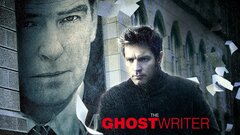
The Ghost WriterStream
Actor
Sidney Kroll
Movie
2010

Multiple Sarcasms
Actor
Gabriel
Movie
2010

Broken Hill
Actor
George McAlpine
Movie
2009

Brief Interviews With Hideous Men
Actor
Professor Adams / Subject 30
Movie
2009

Serious Moonlight
Actor
Ian
Movie
2009

The Killing Room
Actor
Crawford Haines
Movie
2009
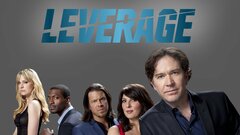
LeverageStream
Actor
Nathan Ford
Series
2008

The Bonnie Hunt Show
Guest
Talk
2008

The Alphabet Killer
Actor
Richard Ledge
Movie
2008

Lymelife
Actor
Charlie Bragg
Movie
2008

Reflections
Actor
Tom
Movie
2008

The Last Mimzy
Actor
David Wilder
Movie
2007

When a Man Falls in the Forest
Actor
Gary Fields
Movie
2007

Kidnapped
Actor
Show
2006
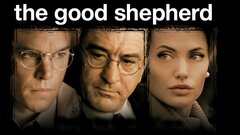
The Good ShepherdStream
Actor
Thomas Wilson
Movie
2006

Last HolidayStream
Actor
Matthew Kragen
Movie
2006

Avenger
Actor
Frank McBride
Movie
2006

Off the Black
Actor
Tom Tibbel
Movie
2006

Stephanie Daley
Actor
Paul
Movie
2006

The Kovak Box
Actor
David Norton
Movie
2006

Heavens Fall
Actor
Samuel Leibowitz
Movie
2006

Heavens Fall
Executive Producer
Movie
2006

Turning Green
Actor
Bill the Breaker
Movie
2005
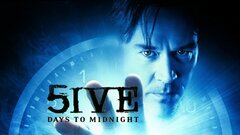
5ive Days to MidnightStream
Actor
J.T. Neumeyer
Series
2004

Tavis Smiley
Guest
Talk
2004

KinseyStream
Actor
Paul Gebhard
Movie
2004
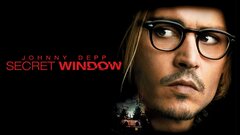
Secret WindowStream
Actor
Ted Milner
Movie
2004

Sunshine State
Actor
Jack Meadows
Movie
2002

Nero Wolfe
Actor
Show
2001

WWIII
Actor
Movie
2001

Champaña Para Uno
Actor
Movie
2001

Champaña Para Uno
Director
Movie
2001

WW3
Actor
Larry Sullivan
Movie
2001

The Doorbell Rang
Actor
Archie Goodwin
Movie
2001

Deliberate Intent
Actor
Rod Smolla
Movie
2000

The Golden Spiders: A Nero Wolfe Mystery
Actor
Archie Goodwin
Movie
2000

Just One Night
Actor
Isaac Alder
Movie
2000

The Daily Show With Jon StewartStream
Guest
Talk
1999

The General's DaughterStream
Actor
Col. William Kent
Movie
1999

Deterrence
Actor
Marshall Thompson
Movie
1999

Człowiek, który zdradził CIA
Actor
Aldrich Ames
Movie
1998

Digging to China
Director
Movie
1998

Aldrich Ames: Traitor Within
Actor
Aldrich Ames
Movie
1998

Vig
Actor
Frankie
Movie
1998
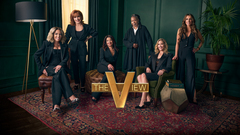
The View
Guest
Talk
1997

Midnight Man
Actor
John Larkin / Sam Ellis
Movie
1997

Ley Back
Actor
Lee Egan
Movie
1997
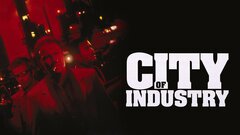
City of IndustryStream
Actor
Lee Egan
Movie
1997

Dead by Midnight
Actor
John Larkin/Sam Ellis
Movie
1997

Playing God
Actor
Raymond Blossom
Movie
1997

Mr. and Mrs. Loving
Actor
Richard Loving
Movie
1996

Mr. and Mrs. Loving
Executive Producer
Movie
1996
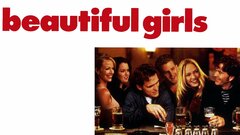
Beautiful GirlsStream
Actor
Willie Conway
Movie
1996

The Substance of Fire
Actor
Martin Geldhart
Movie
1996

French Kiss
Actor
Charlie
Movie
1995

The Last Word
Actor
Martin Ryan
Movie
1995

The Temp
Actor
Peter Derns
Movie
1993
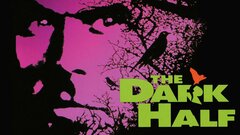
The Dark HalfStream
Actor
Thad Beaumont/George Stark
Movie
1993

Zelda
Actor
F. Scott Fitzgerald
Movie
1993
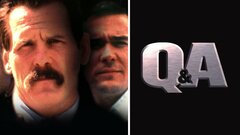
Q & AStream
Actor
Assistant District Attorney Aloysius 'Al' Francis Reilly
Movie
1990

Torrentes de Primavera
Actor
Movie
1989

Torrents of Spring
Actor
Dimitri Sanin
Movie
1989

A Time of Destiny
Actor
Jack
Movie
1988

Everybody's All-American
Actor
Donnie `'Cake'`
Movie
1988

Made in Heaven
Actor
Mike Shea/Elmo Barnett
Movie
1987

Amazing StoriesStream
Director
Series
1985
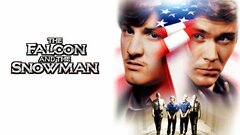
The Falcon and the SnowmanStream
Actor
Christopher Boyce
Movie
1985

Turk 182!
Actor
Jimmy Lynch
Movie
1985

El Hombre de los Hielos Eternos
Actor
Movie
1984

Iceman
Actor
Dr. Stanley Shephard
Movie
1984

DanielStream
Actor
Daniel Isaacson
Movie
1983

Loin de chez-soi
Actor
Movie
1981

Un Largo Camino Hacia el Hogar
Actor
Movie
1981
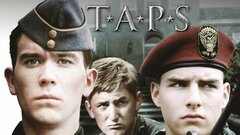
TapsStream
Actor
Cadet Major Brian Moreland
Movie
1981

A Long Way Home
Actor
Donald Branch Booth
Movie
1981

The Sultan and the Rock Star
Actor
Paul Winters
Movie
1980

Father Figure
Actor
Jim
Movie
1980
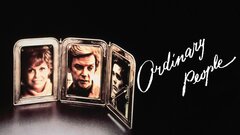
Ordinary PeopleStream
Actor
Conrad Jarrett
Movie
1980

The Oldest Living Graduate
Actor
Cadet
Movie
1980

Disney's Wonderful World
Actor
Paul Winters
Show
1979
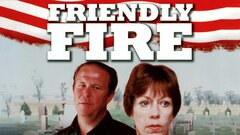
Friendly FireStream
Actor
John Mullen
Movie
1979

Young Love, First Love
Actor
Derek Clayton
Movie
1979

And Baby Makes Six
Actor
Jason Kramer
Movie
1979

The Dick Cavett ShowStream
Guest
Talk
1968
News aboutTimothy Hutton
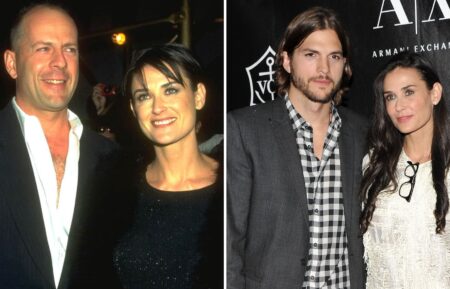
Demi Moore’s Relationship History: Bruce Willis & More of the Oscar Nominee’s Exes
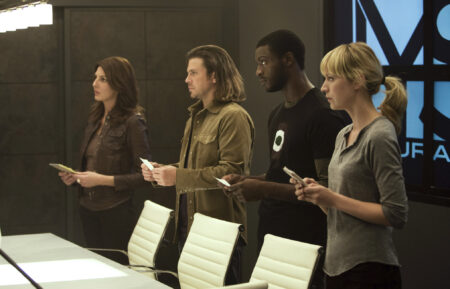
‘Leverage’ Turns 15: Where’s the Cast Now?
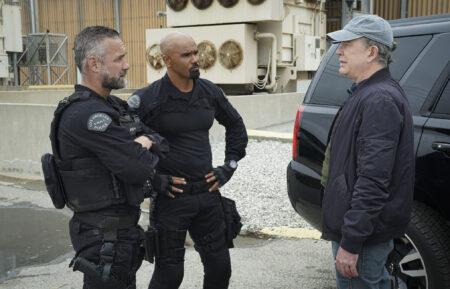
‘S.W.A.T.’ Goes After Cartel With Timothy Hutton’s Help in Season 6 Finale (PHOTOS)
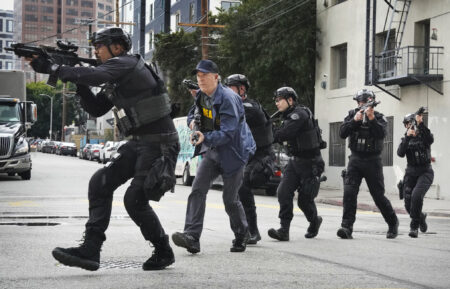
Timothy Hutton to Guest Star in ‘S.W.A.T.’ 2-Part Season 6 Finale (PHOTO)
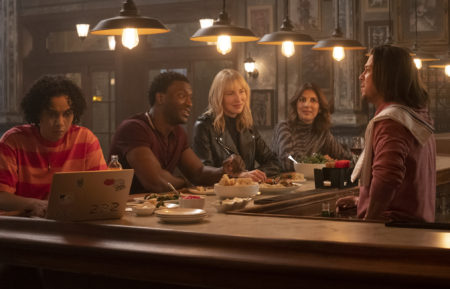
Spoiler Alert
‘Leverage’ Focuses on Moving on & ‘Redemption’ in Revival Without Nate Ford
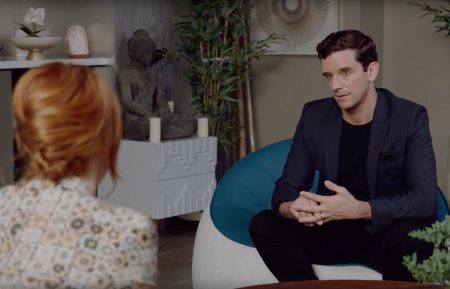
Exclusive
Michael Urie Is Another Bechley Baby in ‘Almost Family’ Sneak Peek (VIDEO)
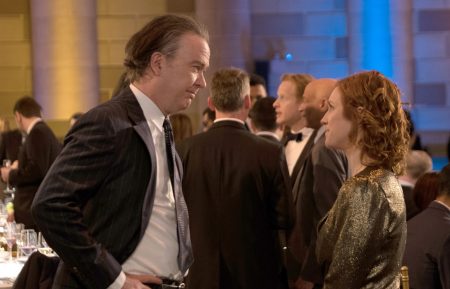
Fall Preview
‘Almost Family’: He Said/She Said With Timothy Hutton & Brittany Snow

Exclusive
Michael Urie Joins Fox’s ‘Almost Family’ as Recurring Guest Star
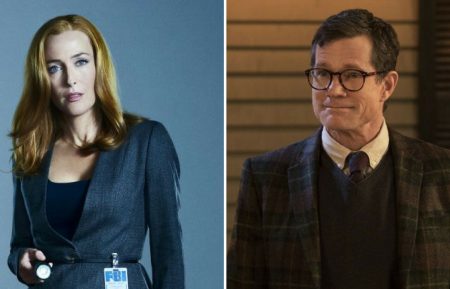
9 TV Stars Returning to the Small Screen in 2018-2019
